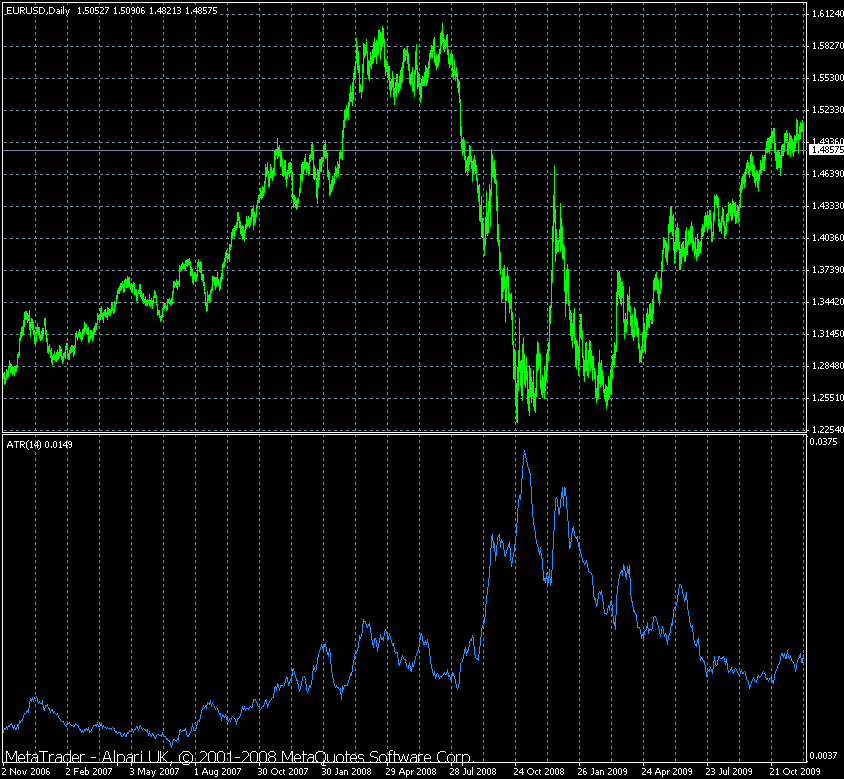Debt Crisis in Dubai – Maybe Britain Too!
The latest edition of the Economist magazine has just landed on my doormat. The cover story is a 14 page special report on "Stopping Climate Change". I'll read that with interest later, but the first thing I turned to was one of several articles which mentioned Dubai's debt crisis. This one was entitled "The Repercussions of Dubai", and covers international reaction to the Dubai World announcement that it wanted to stop repaying its debts until "May 30th 2010 at the earliest".
The Economist suggests that:
The reaction may have been exaggerated by the timing of the announcement, on the eve of a four-day religious holiday, and a lack of liquidity in markets. Wall Street was closed for the Thanksgiving holiday. Events in Dubai may simply have given traders an excuse to square their books ahead of the year-end, something many were already planning given the robust stockmarket rally since March.
Not a big problem then? The currency markets certainly seem to have reacted more strongly to yesterday's unexpectedly good Non-Farm Payroll numbers than to the announcement that came out of Dubai while US dealing rooms were closed for Thanksgiving. By now you may be wondering what on Earth this has to do with computerised trading systems, so I'll try and explain.
Here at the Trading Gurus we program computers to trade the markets. We don't program them to worry about economic fundamentals. With very few exceptions we don't even program them to worry about the vast number of indicators that you can read all about in a multitude of eBooks and on a horde of forums. One thing we do program them to worry about though is volatility. Take a look at this chart, brought to you with the aid of the MetaTrader 4 client terminal:

This is a daily chart of EUR/USD, including the Average True Range (or ATR for short) using the MT4 default period of 14. The ATR is one indicator that provides some sort of measure of volatility. As you can hopefully see, volatility looked at on a daily timeframe has been gradually falling over recent months until it is now back around where it was before the credit crunch hit. As the credit crunch developed a lot of trading systems that worked perfectly satisfactorily a few years ago stopped working. Maybe now is the time to dust off some of those systems that have been sat on a shelf for a year or two? Maybe now is also the time to shelve some systems that worked well when volatility in the currency markets was at its peak, but now seem to be losing their edge? Alternatively, maybe there is another shock to the world economic system just around the corner which will cause volatility to soar again and make such tinkering with system allocation redundant? At the moment it doesn't look like the Dubai debt "crisis" is shocking enough to do that. However the same Economist article ponders some other possibilities too:
Another market to come under the spotlight was Britain. Morgan Stanley postulated that a hung parliament next year, after a general election due by June, might cause a fiscal crisis with the pound weakening further and both short rates and gilt yields rising sharply.
Maybe that would do the trick, for us poor souls who pay for things in pounds at least?
Filed under Trading Systems by ![]()


Leave a Comment